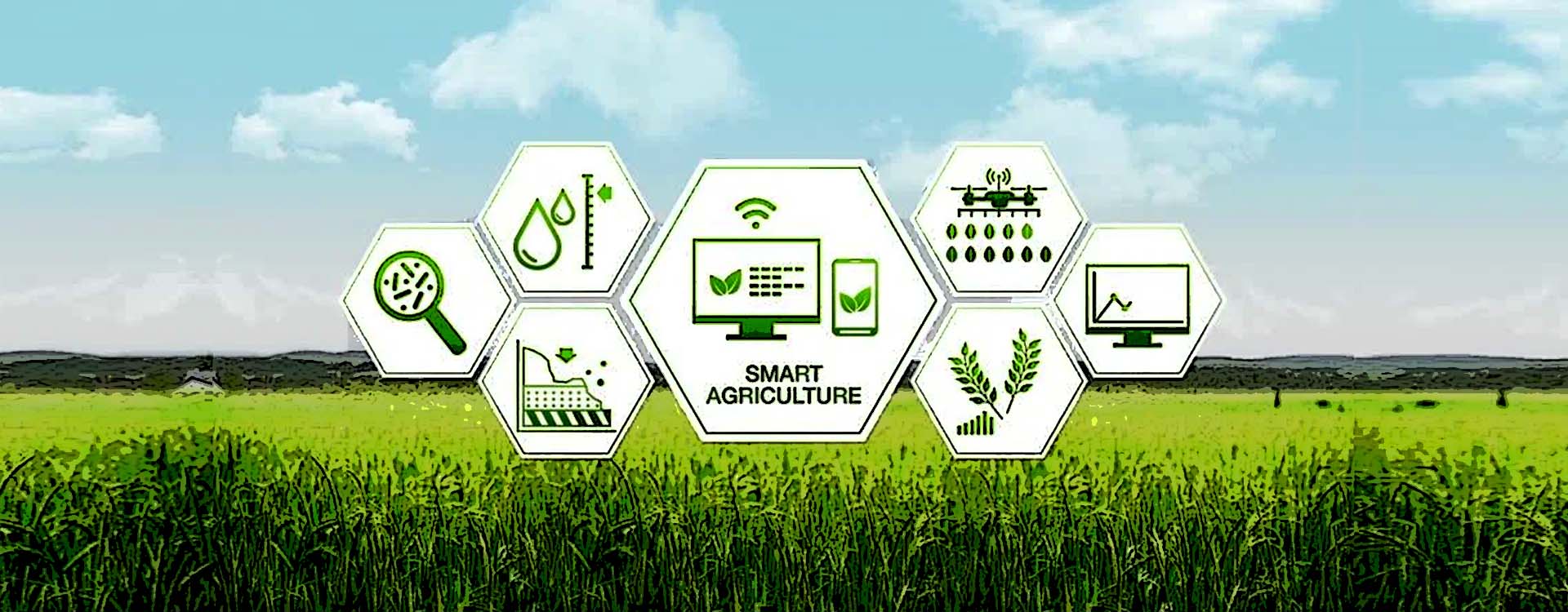Based on technology, regulation, investment and other related interests, India’s agricultural sector is set to face rigorous transformation. As per a report by consultancy firm Bain & Company titled “Indian Agriculture: Ripe for Disruption”, agribusiness, agricultural supply and related businesses in India will be valued at around $30-35 billion by 2025. The report is based on in-depth correspondences with different stakeholders, including industry experts in agriculture, farmers, and agritech start-ups.
The Indian agricultural sector is passing through a critical phase where it can overtake the traditional approach and develop, process and market food with the help of new technologies. Conventional farming practices will change and improve over time, and the entire agricultural value chain will build a unique value pool of $ 30-35 billion in the years to come.
‘‘
As India recuperates from the devastating impacts of COVID-19, which disrupted an already damaged economy, the $370 billion agriculture sector is pegged to undergo a complete change on the back of significant technology and regulatory changes.
Indian Agritech Sector
The increased technological awareness of farmers is expected to be fostered by high internet penetration and high mobile connectivity, thereby fostering the development of the Indian agritech industry. The government has also performed an essential role in developing the sector by creating incubators, providing grants and using public-private partnerships.
India is the third-largest recipient of agricultural technology funding after the United States and Germany and the third-largest hub of agritech start-ups after the United States and the United Kingdom. In 2020, India received $329 million in investment from PE / VC companies, with an astonishing combined annual growth rate of ~53% from 2017 ($ 91 million) to 2020 ($ 329 million).
Farm Laws and APMC Reforms – Boosters for Indian Agritech Businesses
The report from Bain & Company indicates that the three land reform bills passed by the government in September 2020 encourage investment in direct farmer purchase by the corporate, free movement of food items from production to consumption centres and private investment in storage.
The government aims to double farmers’ wages by 2022 by expanding agricultural production, institutional and technological reforms, and effective post-harvest management. In 2016, the government launched the e-NAM (National Agriculture Market) online trading platform for agricultural products. The platform integrates all members of the Agricultural Produce Market Committees (APMCs) mandis to form a single national online marketplace for farm products.
What does the future hold – Tips for Indian Agritech Start-ups
India’s agricultural science and technology sector offers dynamic and untapped development potential. The industry has reached this critical point and is of great interest to investors around the world. Agriculture is seen as the backbone of India’s economy. Agricultural technology plays a vital role in helping farmers digitise their entire supply chain and embrace new-age technologies like the Internet of Things (IoT), analytics, big data, artificial intelligence and other advanced technologies.
New entrepreneurs and budding agricultural entrepreneurs (‘agri-preneurs’) can benefit from technological advances, legislative changes and increased investment, as well as the transformation of the Indian agricultural sector. Businesses need to add significant value and create sustainable solutions that are easy to use for many farmers and affordable for ordinary farmers, even in remote areas.
Stakeholders should take inspiration from the experiences of countries such as the USA and Israel to build a robust agricultural technology policy framework in India. This will help include all market players such as agrarian communities, agricultural technology companies, processors, and many others, thereby driving the sector and its entities to success.




